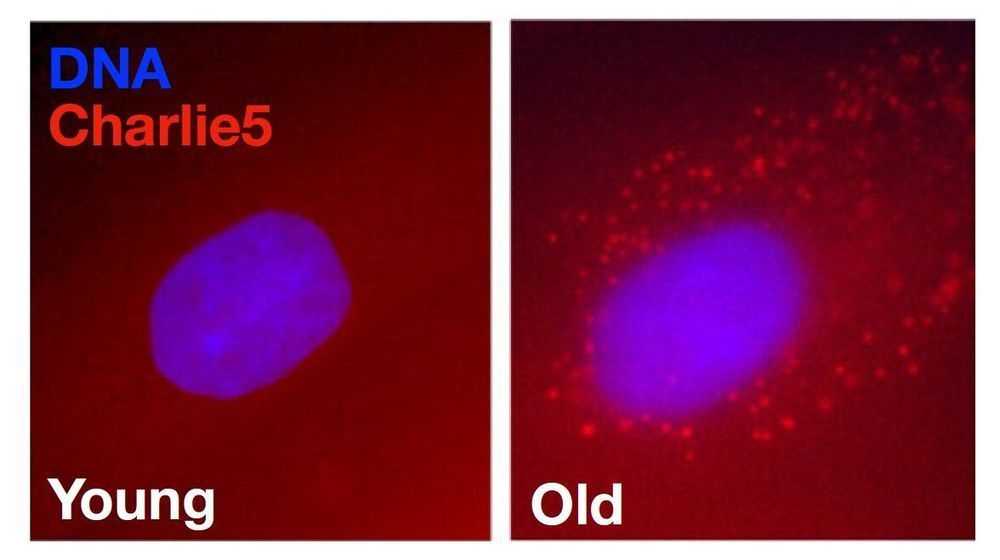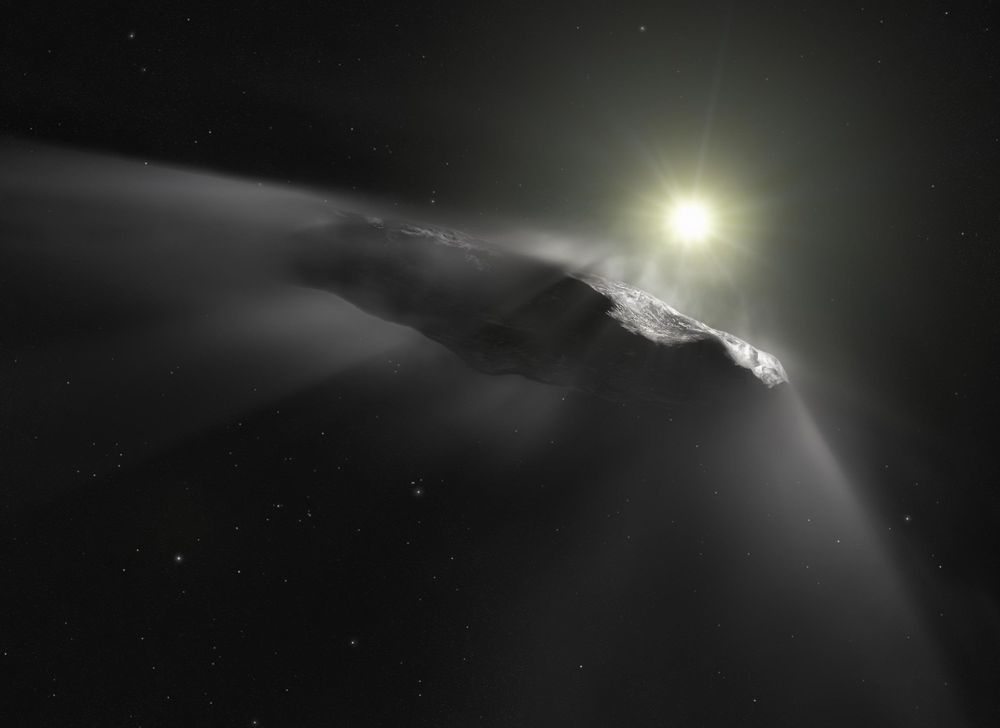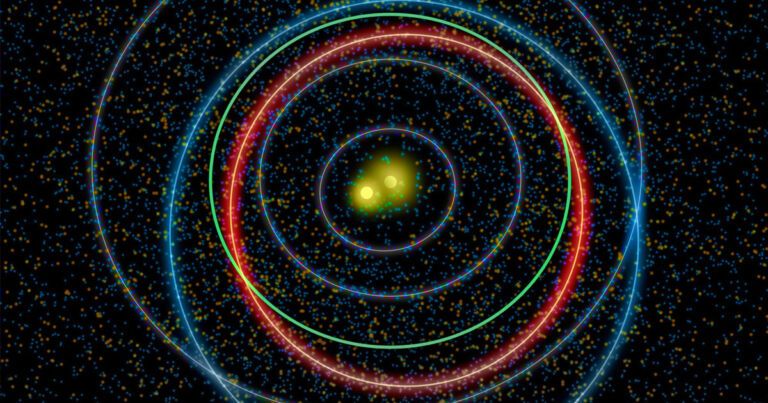Aug 19, 2020
Study finds cancer-boosting culprit that multiplies with age
Posted by Kevin Huang in categories: biotech/medical, life extension
“Observations of metastasising cells revealed something intriguing—a high level of something called methylmalonic acid (MMA), a metabolic byproduct that appears to accumulate as we get older.”
“So how does MMA induce these changes in cancer cells? The key seems to be in a sort of reprogramming that “switches on” a gene called SOX4.
Prior research has shown SOX4 encourages cancer cells to become more aggressive and prone to metastasis.
Continue reading “Study finds cancer-boosting culprit that multiplies with age” »


















